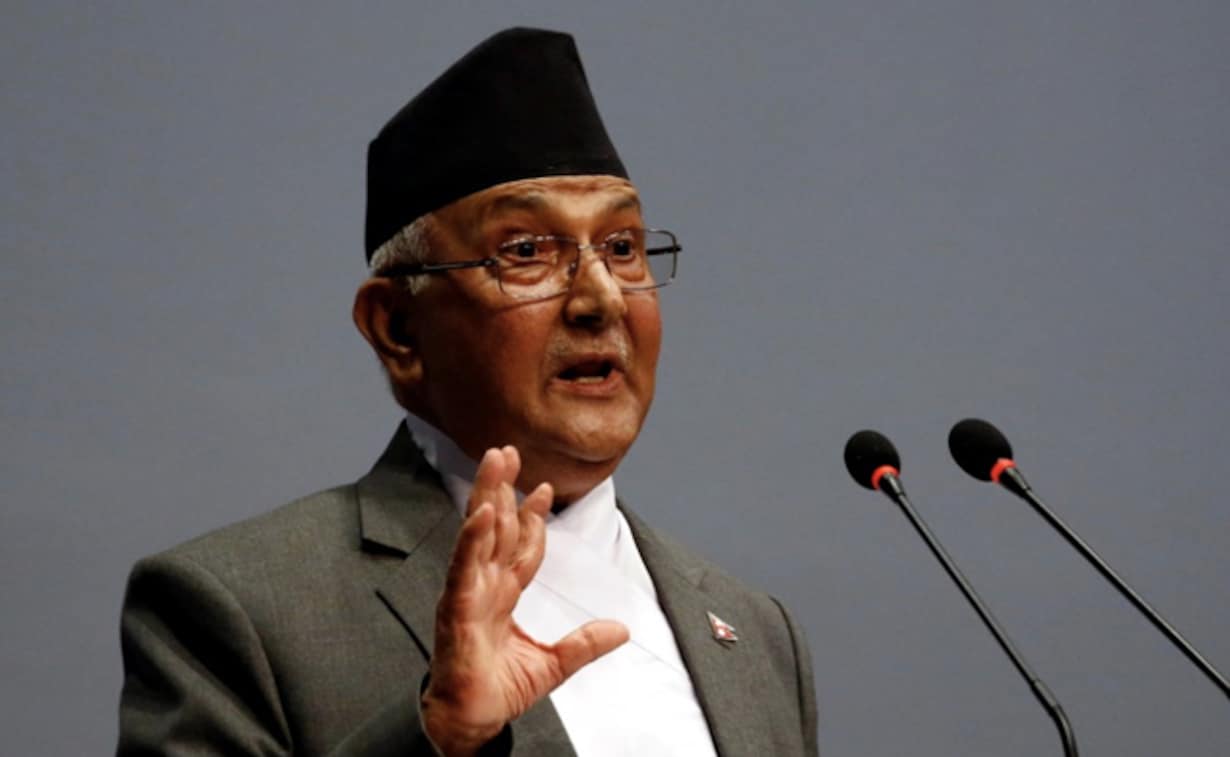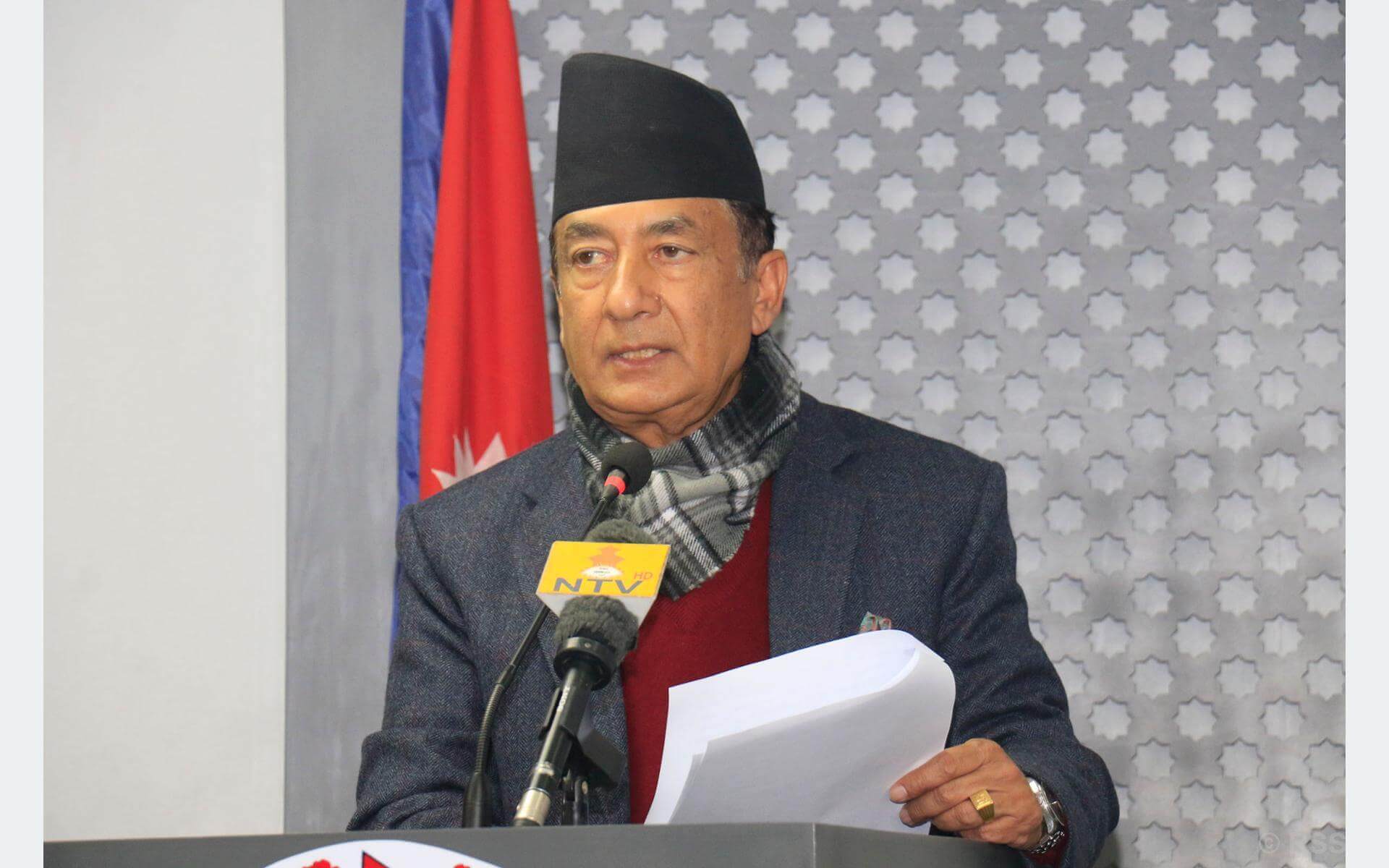On Sunday, Nepal urged India to refrain from “unilateral construction and expansion” of roads along their common border in the Lipulekh area in Uttarakhand. This has reignited the ongoing border dispute between the two countries, which had resulted in a diplomatic tiff in 2020.
The statement came just weeks after Indian Prime Minister (PM) Narendra Modi announced the government’s plan to construct and expand roads across the Lipulekh area. At a rally organised in the run-up to the Uttarakhand elections, he said that the existing road in Lipulekh will be extended. Subsequently, political parties in Nepal, including the ruling Nepali Congress, urged the government to raise the issue with India and clarify Nepal’s position on Lipulekh.
Nepalese Minister for Information and Broadcasting Gyanendra Bahadur Karki said that the regions on the eastern side of the Kali River, which includes Limpiadhura, Lipulekh and Kalapani, are integral parts of Nepal.
Consequently, he called upon India to stop any construction of roads in the region. “Any dispute over border between Nepal and India must be settled through diplomatic channels on the basis of historic documents, maps and documents true to spirit of the bilateral relationship existing between the two countries,” Karki said.

In response, India reiterated its position on sharing a boundary with Nepal is “well known, consistent and unambiguous.” In a statement released by the Indian Embassy in Nepal, the spokesperson clarified that while the planned constructions were clearly in Indian territory, in the interest of their bilateral partnership, any issue could be resolved through diplomatic channels.
PM Modi’s announcement revives the border dispute between Nepal and India, which had relatively subsided after Nepalese PM Sher Bahadur Deuba replaced his pro-China predecessor K.P. Sharma Oli last year. During May 2020, under Oli’s leadership, the Nepalese cabinet had approved a new controversial map of the country that showed the Indian territories of Lipulekh, Kalapani and Limpiyadhura as its own. This was done in response to the inauguration of the road in Lipulekh by Indian Defence Minister Rajnath Singh. As a result, India and Nepal’s relations were at an all-time low, with both sides extending claims over the disputed regions.
However, since Deuba took over as the country’s PM, Nepal has been reviving its partnership with India. In fact, at his swearing-in ceremony, Foreign Minister Narayan Khadka had said that he would “work towards maintaining friendly and balanced relations with India and China and forge national consensus with political parties on matters of foreign relations.” As a part of these efforts, PM Sher Bahadur Deuba was also scheduled to visit India to participate in the Vibrant Gujarat Investor Summit on January 10 this year. Hence, Modi’s announcement could endanger this recently revived diplomatic partnership and alienate the Nepalese government once again.

